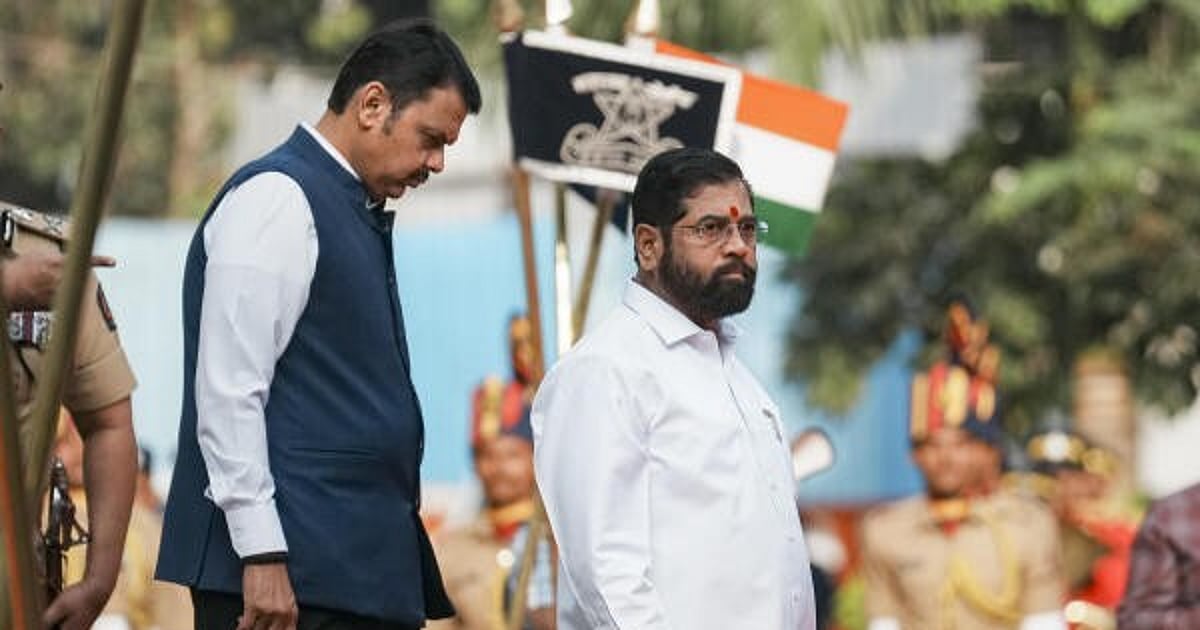 |
|
The political landscape of Maharashtra is currently embroiled in a significant deadlock surrounding the Chief Minister's position. Eknath Shinde, the current Chief Minister, is facing uncertainty regarding his future in the role. Reports indicate that he is seeking either another full term or a rotational arrangement where he would serve for two-and-a-half years. This ambition, however, has seemingly led to a stalemate within the ruling coalition, known as the Maha Yuti.
The recent postponement of a crucial Maha Yuti meeting underscores the depth of the existing tensions. This meeting, which was anticipated to address the Chief Minister's future, has been indefinitely delayed, fueling speculation and intensifying the political drama. The postponement suggests a lack of consensus amongst the coalition partners, highlighting the difficulty in resolving the current impasse. The absence of a clear path forward leaves the state’s political future in a state of precarious uncertainty.
Adding to the complexity of the situation is the reported discontent of Eknath Shinde himself. News sources describe him as being 'sulking,' a term that implies a significant level of frustration and perhaps even anger over the stalled negotiations. This emotional response further complicates matters, potentially hindering any attempts at compromise or negotiation. His reported retreat to his native village can be interpreted as a sign of his displeasure and a strategic move to distance himself from the immediate pressures of the ongoing political maneuvering.
The implications of this political stalemate extend far beyond the immediate concerns of the Chief Minister's position. The prolonged uncertainty creates an environment of instability that can negatively impact the state's governance and development. Crucial decisions and policy implementations may be delayed or even stalled altogether, hindering progress and potentially undermining public trust in the government. Moreover, the prolonged tension within the ruling coalition could lead to further fracturing and instability, potentially resulting in unexpected political realignments.
Several factors could be contributing to the deadlock. Potential disagreements over power-sharing arrangements within the coalition, differing political agendas of the coalition partners, and personal ambitions of key political figures may all play a significant role. External pressures and influences, both within and outside the state, may also be subtly influencing the trajectory of this political drama. Analyzing the various perspectives of the key players involved is crucial to understanding the nuances of this complex political situation. The lack of transparency surrounding the negotiations further complicates matters, hindering public understanding and potentially fueling public distrust.
Moving forward, several scenarios could unfold. A negotiated solution, involving compromise and concessions from all parties involved, remains a possibility. However, given the current level of tension and the apparent lack of progress, this outcome is not guaranteed. Alternatively, the deadlock could persist for a prolonged period, potentially leading to more significant political upheaval. A shift in the political landscape, with the potential emergence of new alliances or coalitions, cannot be ruled out entirely. The next few weeks will be critical in determining the outcome of this political crisis, with the eyes of the nation watching closely.
The situation in Maharashtra serves as a stark reminder of the complexities and challenges inherent in coalition governments. The delicate balance of power, the potential for conflicting interests, and the constant need for negotiation and compromise are all inherent features of such political arrangements. The current deadlock highlights the importance of effective communication, compromise, and a shared vision amongst coalition partners to ensure stability and effective governance. Failure to address these challenges can lead to political instability, undermining the ability of the government to serve the interests of the people.
Ultimately, the resolution of the Maharashtra CM deadlock will have significant ramifications for the state's future. The outcome will not only determine the identity of the next Chief Minister but will also shape the political landscape for years to come. A swift and effective resolution is crucial to prevent further political uncertainty and to ensure the smooth functioning of the state government. The eyes of the nation, and perhaps even the international community, are keenly focused on this developing situation, waiting with bated breath to see how this crucial political crisis will eventually unfold.
